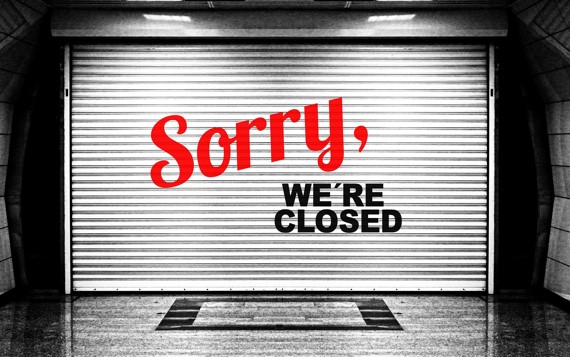The liquidation of a company is the process of ending the business and satisfying the existing claims of the creditors. In most cases, liquidation will take place once the company has become insolvent, as soon as it can no longer pay its obligations.
There are three types of liquidation that can be broadly categorized as with or without court involvement. We highlight the main types below:
- voluntary liquidation: the one where the court is not involved and the process takes place as per the company’s internal resolutions.
- court-supervised liquidation: similar to the voluntary type, however, the liquidator is subject to court supervision.
- compulsory liquidation: in this case, a creditor issues a petition for the winding-up of the company; other parties can also commence the process.
- provisional liquidation: this can take place in case of a compulsory winding up when a petition is made to appoint a provisional liquidator.
Our team of Cayman Islands incorporation specialists can also help investors who are planning on closing an existing company and need to go through the liquidation phase, with our without court involvement. Professional assistance is recommended in most cases as the company will need to make sure that all of the claims of the creditors are met before it can be struck off from the register and officially cease to exist.
In this article, we answer some of the most important questions about company liquidation in the Cayman Islands, both the voluntary one and the compulsory type. Investors who need to close down a Cayman Islands exempted company and will go through the liqquidation phase can reach out to our agents.
Table of Contents
What are the characteristics of voluntary liquidation?
The process of voluntary liquidation is described in the company’s Articles of Association and investors who are interested in setting up a Cayman Islands company should know that this process takes place following a special resolution adopted within the company. In this case, there is no formal court process and the appointed liquidator does not need to be a professional, he can be one of the company directors or the company’s accountant, for example. The accounting obligations of the company will cease according to the moment when the process commences.
An important issue to note about this type of liquidation is that it can carry out as such only if within 28 days after the appointment of the liquidator the director of a company signs a statement. The declaration will state that the legal entity will be able to fully pay its debts within twelve months following the date on which the liquidator was appointed. Should the directors fail to sign this document, then the company will be under liquidation supervised by a court.
One of our agents who specialize in Cayman Islands incorporation can provide additional details about this particular form. Because of its characteristics, it is not a long-term option. One of our agents can analyze the particularities of the case and recommend a suitable manner in which the company should handle liquidation.
What are the principles for compulsory liquidation?
Several parties can request the compulsory winding up of the company. These can include one or more creditors (included here are also prospective creditors) or the Cayman Islands Monetary Authority when the legal entity is subject to regulation.
The following situations are examples in which court compulsory liquidation can be ordered:
- when the company issued a special resolution that required this manner of winding up; investors who are interested in Cayman Islands incorporation can select this specific manner of terminating the activities of the business;
- the company has its business suspended for one year;
- when the company passes its date for winding up, as included in the Articles of Association;
- when the company is unable to pay its due debts;
- when the court issues a special decision for this purpose; if needed, our lawyers in the Cayman Islands can provide legal representation.
Both in the case of the voluntary and the compulsory liquidation, all of the company’s assets are collected are distributed to the creditors for satisfying their claims. Once this is complete, the liquidator is released and the final step is to dissolve the company. One of our Cayman Islands company formation agents can provide investors with more information about these steps as well as the process for closing the corporate bank account.
The following statistics highlight the number of companies that have been terminated so far during 2019:
- January: 1,328 companies.
- March: 1,170 companies.
- May: 165 companies and June 773 companies.
The total number of companies terminated in 2019 until the month of July was 3,757. As far as the company types that are being incorporated are concerned, the largest percentage is taken by the Cayman Islands exempted company, followed by the non-resident company and the resident company in third place (according to data from September 2018).
Contact our Cayman Islands incorporation specialists for more information about liquidation, the duties of the company directors as well as the rights of the creditors.


